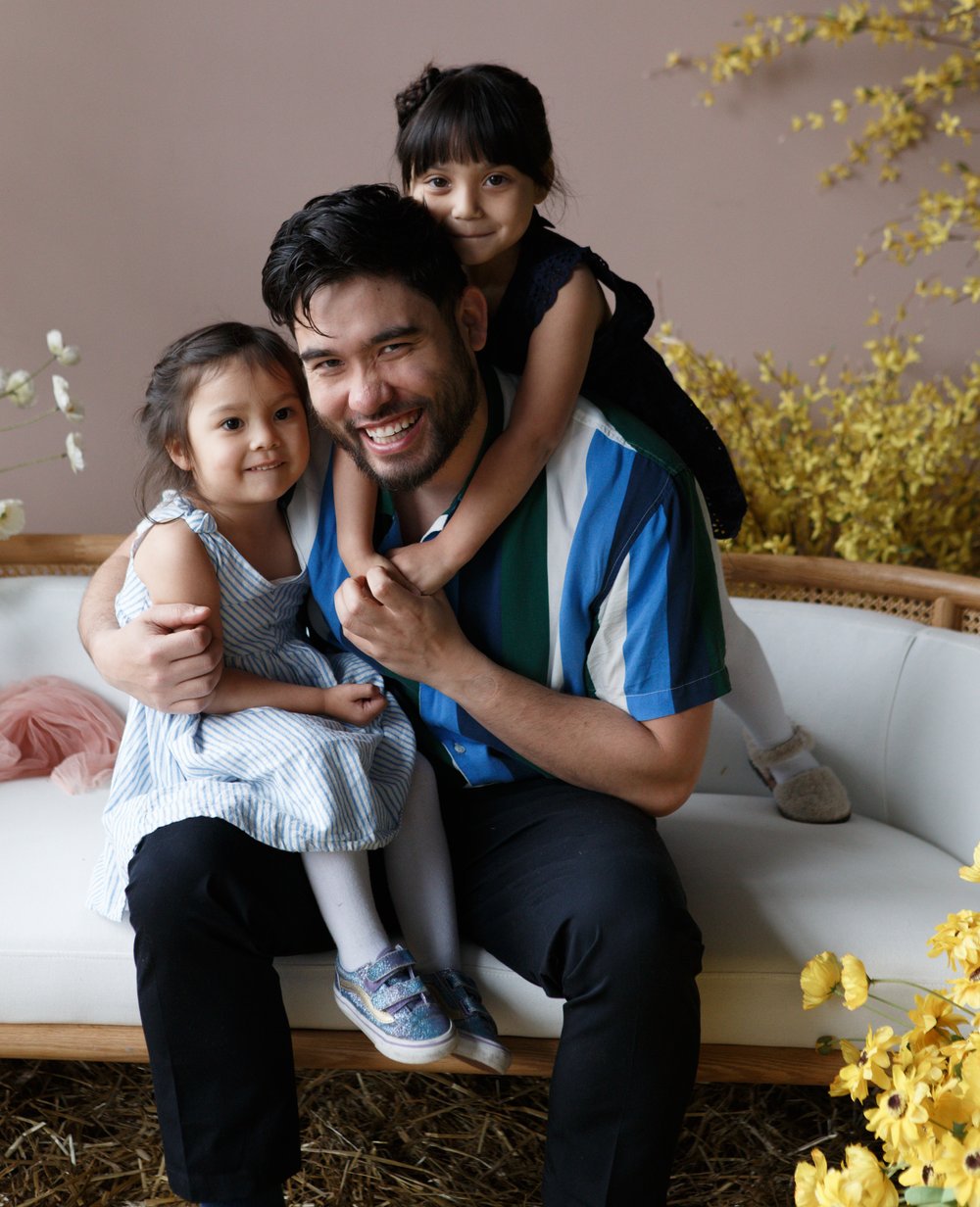Notes from this week’s episode:
The power of self-education and action
Ayurveda teaches how we can adjust our mindset, habits, lifestyle and diet to calm anxiety and improve our general well-being.
Core Teachings:
Agni the fire of digestion
Agni is the digestive fire responsible for the digestion and metabolism of food, as well as the transformation of thoughts and emotions. Ayurveda emphasizes maintaining strong and balanced Agni for optimal digestion, absorption, and elimination. It is considered crucial for overall well-being.
Learning to look after our inner fire is one of the most important things we can do for our physical and mental wellbeing.
Nutrition that nourishes our nerves
Ayurveda emphasizes the importance of a balanced diet for maintaining health. It suggests that food should be fresh, wholesome, and tailored to our individual doshic needs. Ayurvedic diet focused on six tastes (sweet, sour, salty, bitter, pungent, and astringent) each has its effect on our emotions and the tissues of the body.
Know how to notice and balance the elements in the mind
If there’s too much fire and you’re becoming frustrated, or impatient, you can learn to notice it before it escalates and what to do to feel more balanced again, to be able to think more clearly, to flow around blocks and set backs.
All of the 5 elements we discussed last week: earth, water, fire, air and ether, have their effects on our mind.
You can learn those effects and how to bring balance and feel more settled if you’re feeling anxious, or low, or unsettled.
Escape versus choosing a balancing action
When we feel anxious, our tendency is to want to escape the anxious thoughts and feelings. And it’s so easy to scroll, click watch TV or go to a movie to do what we call “getting out of our head”. But unfortunately, many of those choices involve getting more stimulus into your head. When we finish our diversion we often find we feel worse than we did before.
Our mind might have been distracted by it, but it’s also disturbed by more incoming information and stimuli. Diversion isn’t helping us get to the root of the problem at all.
There are some simple lifestyle adjustments you can make that can help you bring anxiety back under control, and give you a greater sense of personal peace and security. And that’s what we explore in our new course.
“We now know that with every thought and emotion that passes through our field of consciousness, there is a corresponding biochemical shift in our physical bodies and brains. The recently coined term “molecules of emotion” refers to the cascade or neuropeptides that flood the body with each passing emotion.” – The Art & Science of a Vedic Counseling Dr. David Frawley
When we support and upgrade our thoughts and emotions with the teachings and practices of Ayurveda we help ourselves reduce stress and its health altering chemicals and start the journey to improved health and peace of mind.
Understanding and upgrading our stream of thought
Ayurveda teaches the mind is a river of thought. Like a river, it might flow gently, or it might have rapids, it might be clear, or it might be polluted. One thing is certain: it’s always moving.
Left to its own devices, the mind will start spinning stories and pull us down a rabbit hole.
Often we feel at the mercy of our mind, but we have the power of influence over it. We can influence our mind by our choices in lifestyle, diet, entertainment, and the company we keep.
We can feel helpless when we live with anxiety. We are often asked “will I feel like this forever?”
When the mind is anxious it can feel relentless, it fears the worst, it gets caught in a negative running dialogue, it’s waiting for us when we wake up and it provokes real physical symptoms.
Ayurveda shows us we are not helpless. And whether we choose to take medication for anxiety or not, there are still so many things we can do to support ourselves and improve the quality of our life. We don’t have to feel like we’ve thrown up the white flag and surrendered.
Ayurveda shows us how to live deeply, with creativity, joy and presence, not just exist.
It’s the foundation for deeper exploration into the real meaning of life beyond the stress and energy drains of obligations, and paying the bills. There is more, and we can learn how to tap into that.




